Rights Respecting School
Grafton Primary School continues to meet the standard for UNICEF UK’s Rights Respecting Schools Award at Gold: Rights Respecting.
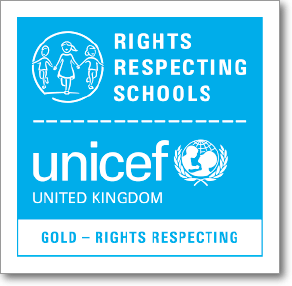
As a Unicef Rights Respecting School, we put the Convention on the Rights of the Child at the heart of the school’s everyday practice. In the Convention, there are 54 articles that explain what children’s rights are. Articles 1-42 relate specifically to what children and adults can do to ensure all children’s rights are met. These rights will be learned, taught, practised, respected and promoted by the whole school community. Articles 43-54 relate to how the Government will ensure these rights are met.
What do we do as a Rights Respecting School?
- Each class creates their own Class Charter. Children choose the five most important rights they believe should be respected within their classroom and explain how they will respect these rights.
- The Article of the Week is displayed in every classroom to ensure all children and parents are aware of the rights and understand them.
- The difference between wants and needs is discussed in school so that children respect children’s rights appropriately.
- Assemblies remind children of their rights and how we can respect them in our everyday lives at school.
- A committee of Rights Ambassadors promote children's rights and work towards making our school a better place. There are 6 teams in the committee:
- Year 1 Rights Ambassadors
- Year 2 Rights Ambassadors
- Year 3 Rights Ambassadors
- Year 4 Rights Ambassadors
- Year 5 Rights Ambassadors
- Year 6 Rights Ambassadors
- The teams meet on a weekly basis and monitor the progress made towards achieving the next stage of the award.
- Rights Respecting Citizens are announced weekly in Celebration Assemblies. These are the children who demonstrate good knowledge of children’s rights and how to respect them.
- Teachers embed children's rights and global issues within the curriculum. This encourages our children to become global citizens who are fully aware of their rights and explore the rights of other children in the world who unfortunately are not able to access all of their rights.
- We take part in a range of local, national and international fundraising activities and explore where the money raised goes and how we can make a difference in the world.
- We take part in a range of community-based initiatives within the borough.
If you are a parent who would like to join the Rights Respecting Team, please speak to our main office, Miss Carroll, Miss Sarmiento.
Have a look at our
Rights Respecting School Award report from July 2022, when we were reaccredited with Gold Status. (See below)
For more information on the Rights Respecting journey, please visit the
Unicef UK website. Visit the
Unicef for every child website to see rights learning in a range of languages.
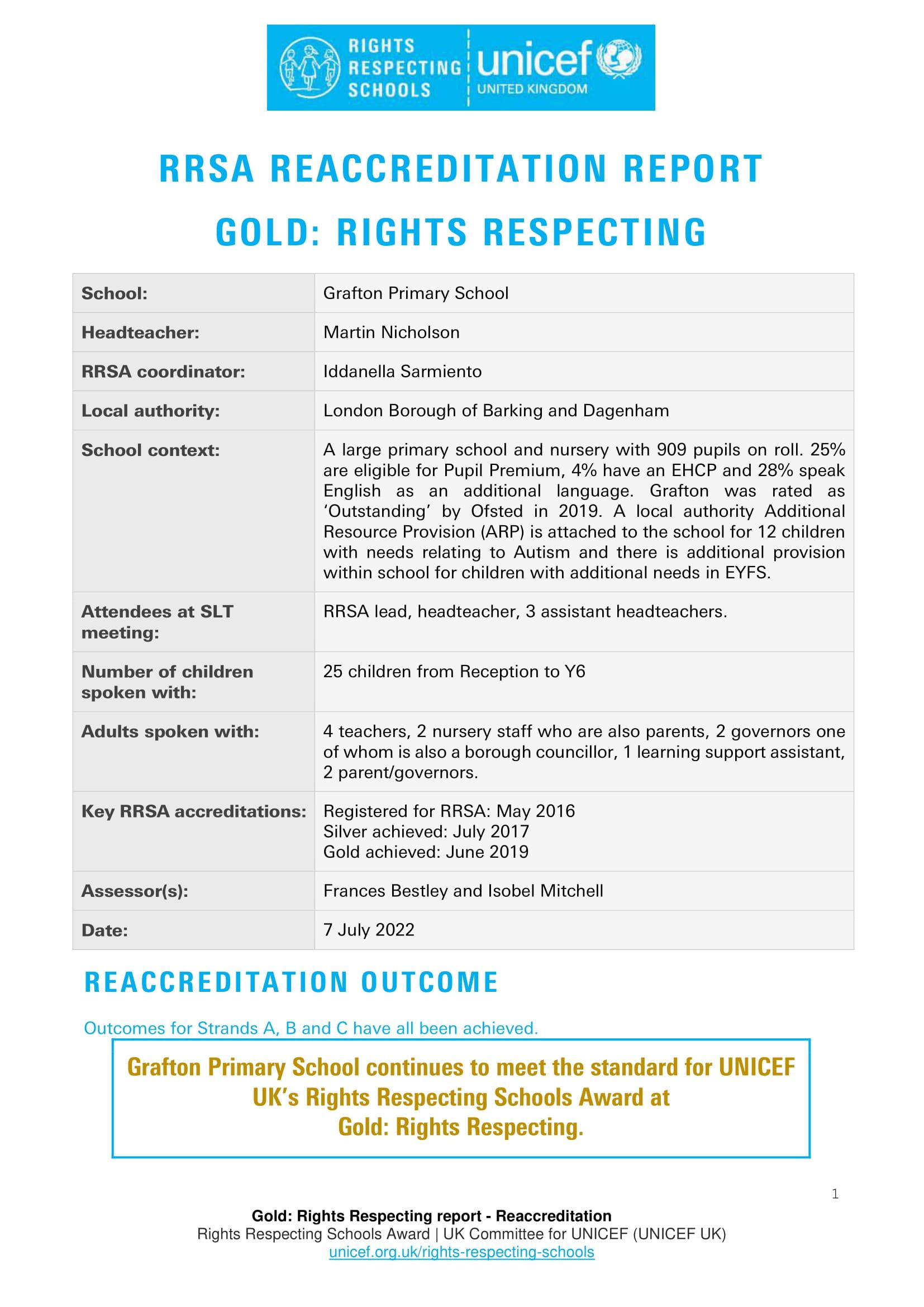
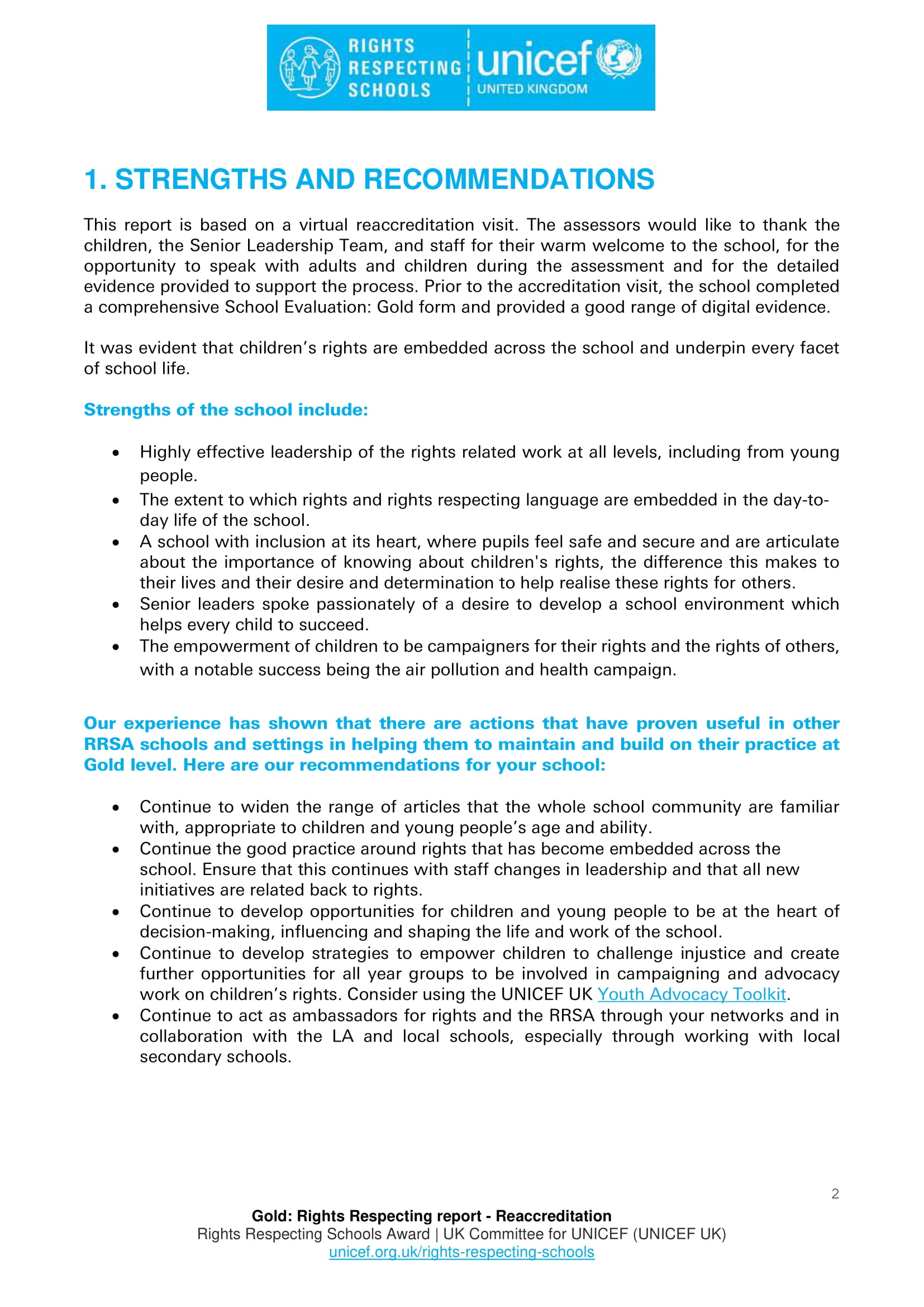
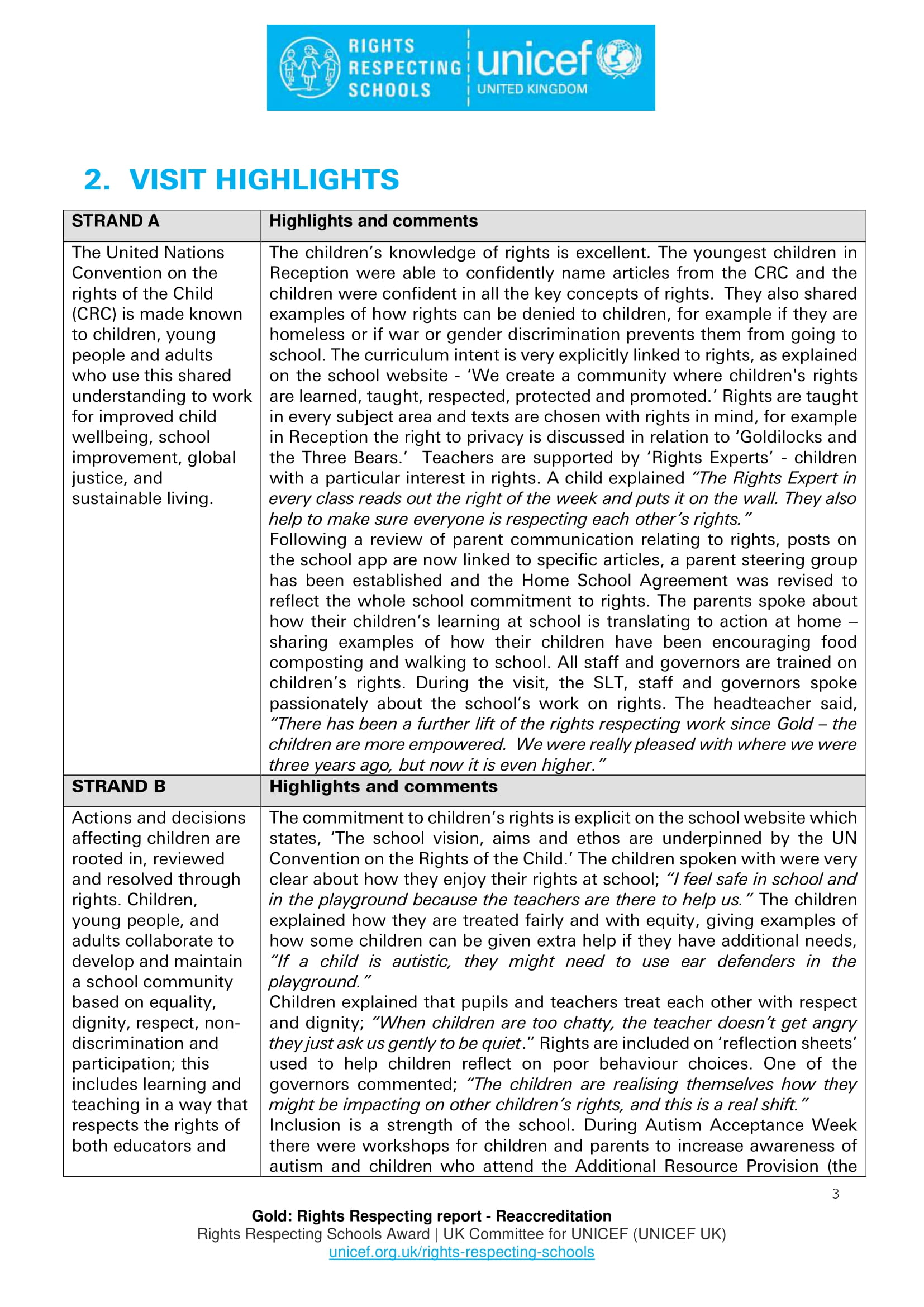
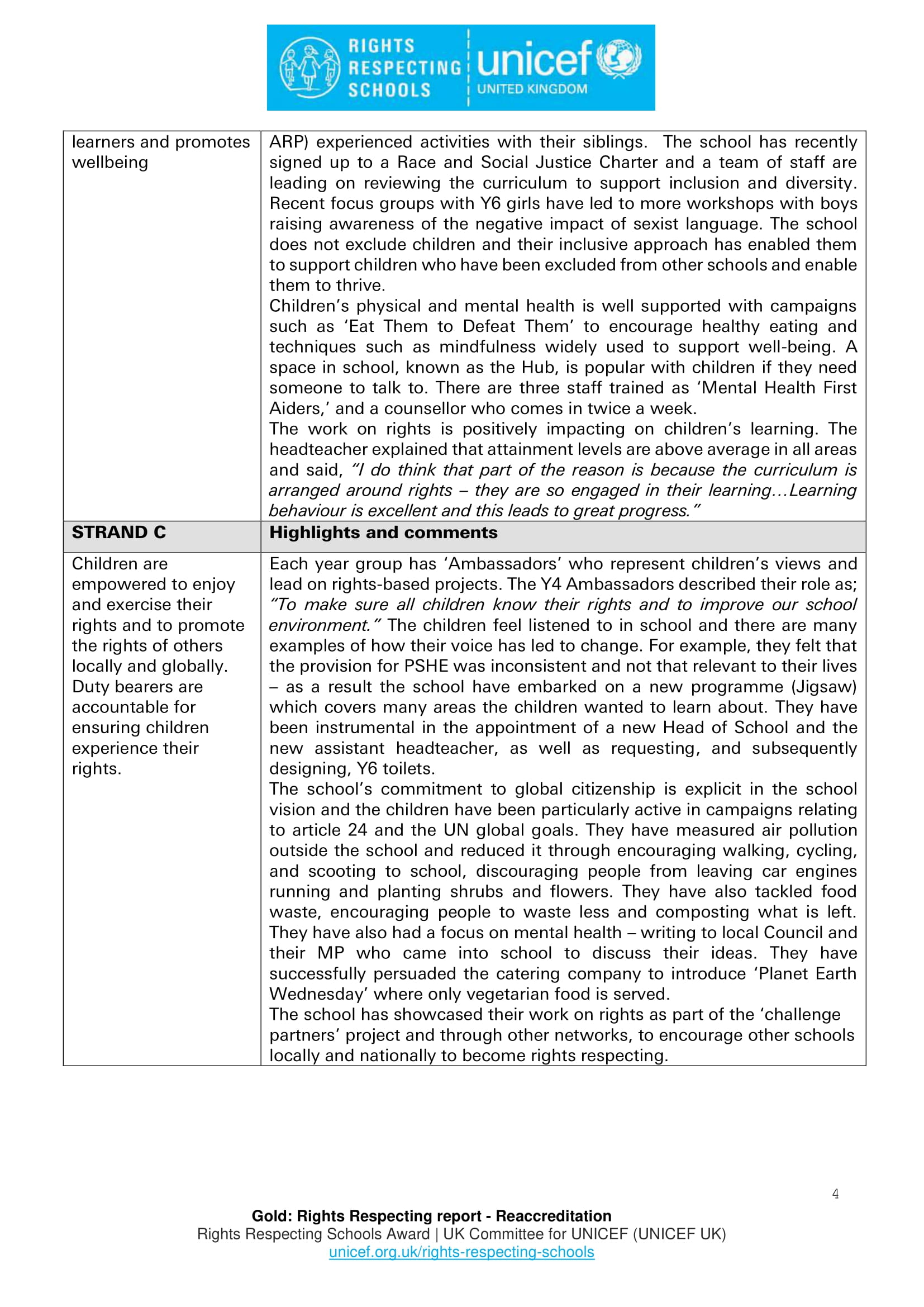
“The Rights Respecting Schools Award is a Unicef UK programme that aims to put children’s rights at the heart of schools in the UK. We work with thousands of schools across the country to embed children’s rights in their ethos and culture to improve well-being and develop every child’s talents and abilities to their full potential.”
ARTICLE 1
Everyone under the age of 18 has all the rights in the Convention.
ARTICLE 2
All children have these rights, no matter what their age, gender, religion, disability, culture or nationality is.
ARTICLE 3
All adults should do what is best for children. Adults should think about how their actions affect children.
ARTICLE 4
The government has a responsibility to make sure all children’s rights are protected.
ARTICLE 5
The government must respect parents’ rights to direct and guide their children as they grow up so they can enjoy their rights properly.
ARTICLE 6
Every child has the right to life. Governments must do all they can to make sure children survive and develop to their full potential.
ARTICLE 7
Every child has the right to a legal name and nationality, as well as the right to know, and if possible, be cared for by their parents.
ARTICLE 8
Children have the right to an identity. Governments must respect children’s rights to a name, nationality and family ties.
ARTICLE 9
Children have the right to live with their parents and should not be separated from them unless it’s in the best interests of the child.
ARTICLE 10
If a child’s parents live in a different country, they have the right to be together in the same place.
ARTICLE 11
Every child has the right to be protected from kidnapping or being taken out of their country illegally.
ARTICLE 12
Children have the right to give their opinion and their views must be taken seriously.
ARTICLE 13
Children have the right to find out information and share what they think by writing, drawing or talking about it unless it harms anyone else.
ARTICLE 14
Every child has the right to choose their own religion and beliefs. Parents should help decide what is right and wrong or best for the child.
ARTICLE 15
Children have the right to choose their own friends or set up and join groups, as long as it isn’t harmful to others.
ARTICLE 16
Every child has the right to privacy. The law should protect a child’s private, family and home life.
ARTICLE 17
Every child has the right to reliable information from books, newspapers, computers and other sources, as long as it isn’t harmful.
ARTICLE 18
Every child has the right to be brought up by both parents if possible, and if it is in the child’s best interest.
ARTICLE 19
Children have the right to be protected from being hurt or mistreated by anyone. Governments must do all they can to prevent this from happening.
ARTICLE 20
Children have the right to be looked after by people that care, if they cannot be looked after by their parents.
ARTICLE 21
Children have the right to be kept safe and protected if they are adopted or in foster care.
ARTICLE 22
Children who are refugees have the same rights as all other children.
ARTICLE 23
Children with disabilities have the right to live a full life and receive support from the government.
ARTICLE 24
Every child has the right to the best possible health. This includes clean water, nutritious food, a clean environment and health care.
ARTICLE 25
If a child lives away from home, they have the right to be checked on to see how they are being looked after.
ARTICLE 26
Every child has the right to help from the government if their family is poor or in need.
ARTICLE 27
Every child has the right to have their basic needs met. That includes food, clothing and a safe place to sleep.
ARTICLE 28
Every child has the right to an education. Schools must respect children’s dignity.
ARTICLE 29
Every child’s education must develop their talents and abilities. It must encourage respect for rights, parents, cultures and the environment.
ARTICLE 30
Every child has the right to practise their own culture, language or religion, or any that they choose.
ARTICLE 31
Every child has the right to play, relax and take part in a wide range of cultural and artistic activities.
ARTICLE 32
Children have the right to be protected from work that is harmful or affects their education.
ARTICLE 33
Every child must be protected from the use of illegal and harmful drugs. Governments must protect all children.
ARTICLE 34
Every child has the right to privacy of their body. Governments must protect all children.
ARTICLE 35
Children must not be abducted or sold. Governments must protect all children.
ARTICLE 36
Every child must be protected against any form of bad treatment. Children must never be taken advantage of.
ARTICLE 37
Children who break the law must not be treated cruelly or put in prison with adults. They should be allowed to keep in contact with their family.
ARTICLE 38
Every child has the right to protection and freedom from war. Children under the age of 15 must not take part in war or join an army.
ARTICLE 39
Every child has the right to help and support if they have been treated badly in any form.
ARTICLE 40
Children who break the law must be treated with dignity and respect. They have the right to a lawyer and have their privacy respected.
ARTICLE 41
If the laws in a country are better for children than the rights in this Convention, then those laws apply for all children.
ARTICLE 42
Every child must know their rights. It is the government’s responsibility to make them known to both children and adults.
ABOUT
Contact Us
We will get back to you as soon as possible.
Please try again later.
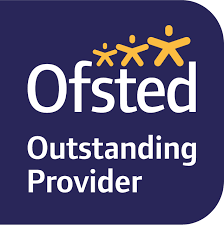
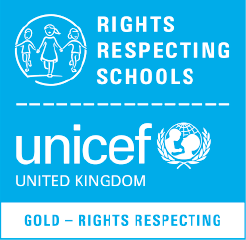

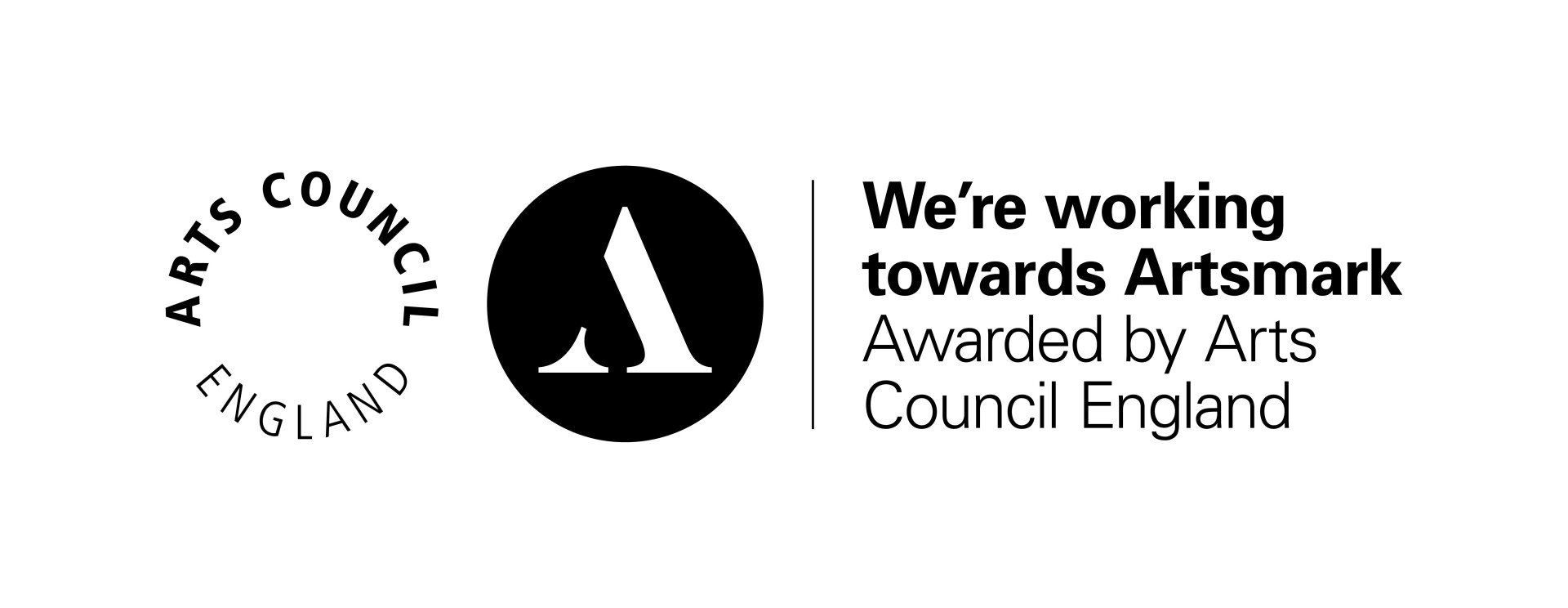

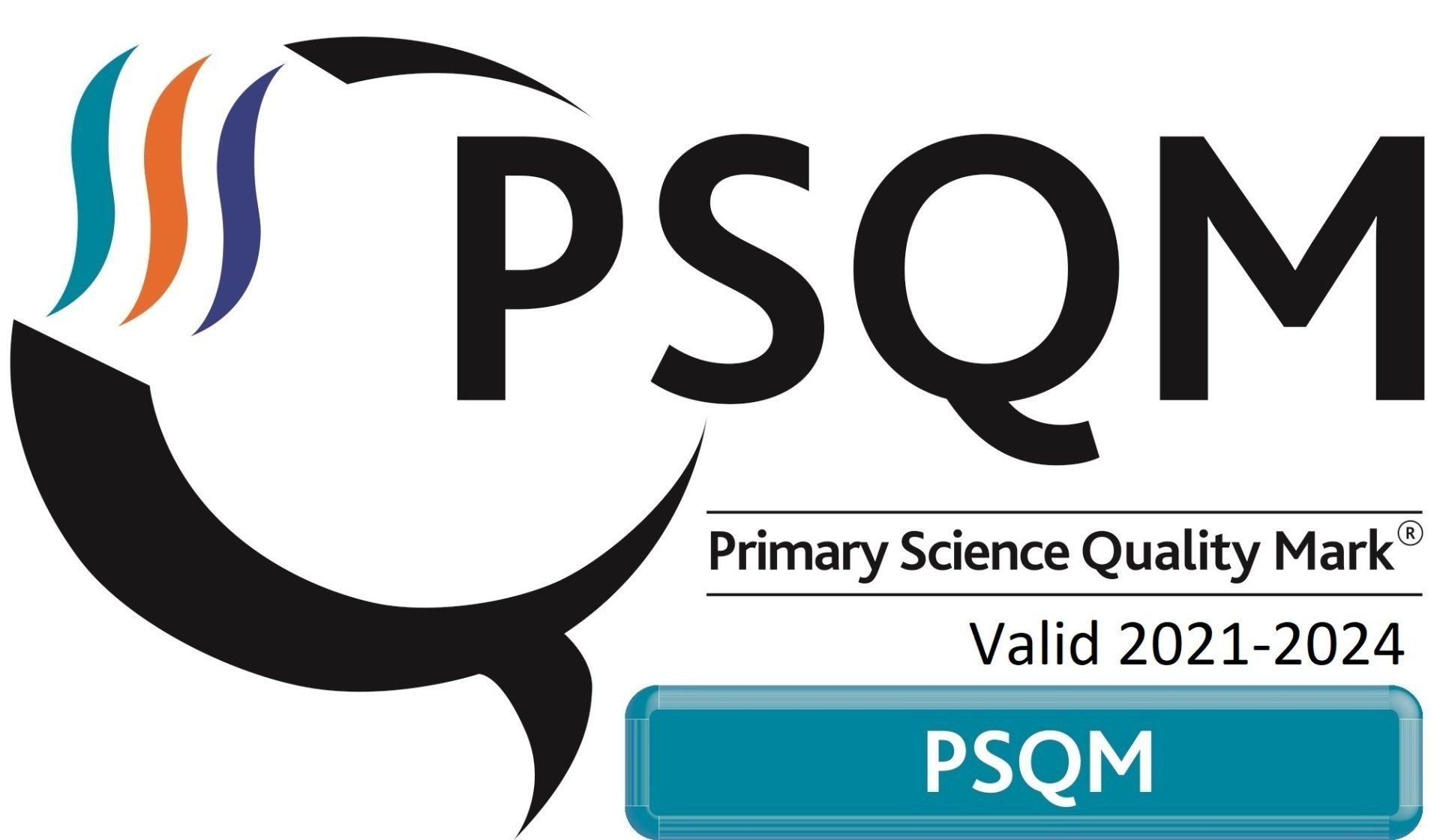
All Rights Reserved | Grafton Primary School
Copyright 2022 | Website design by Kittle Visual Marketing
